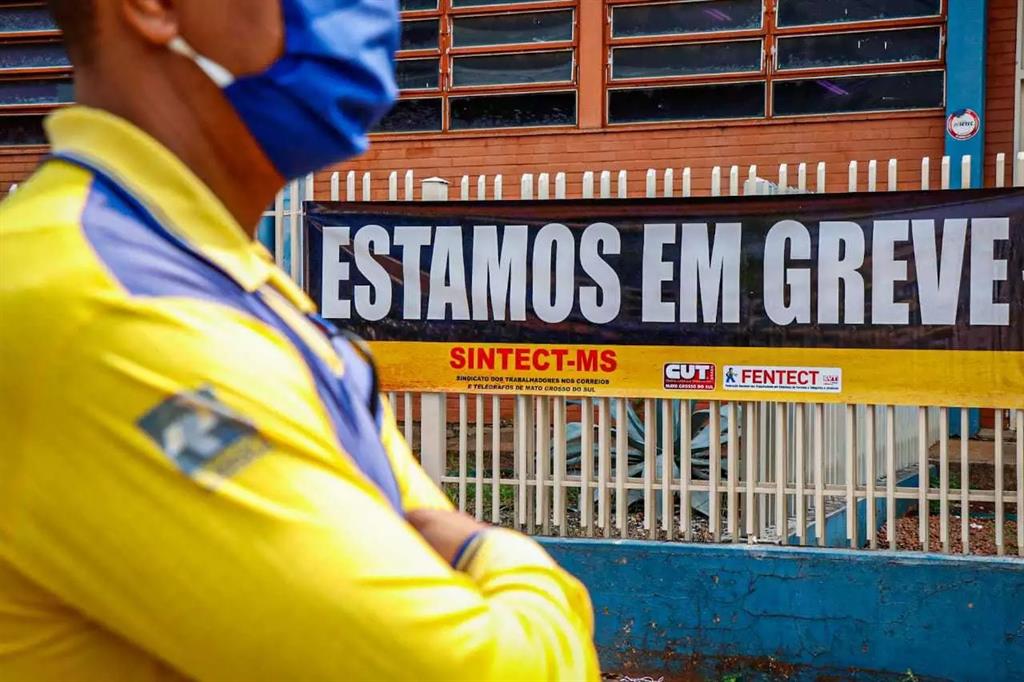RIO DE JANEIRO, BRAZIL – The Superior Labor Court (TST) has decreed the end of the strike by postal workers and the return to work as of today, September 22nd. Yesterday afternoon the Court ruled on the dispute caused by the strike by the state-owned company’s workers, who have been paralyzed since August 17th, due to discussions of the new collective bargaining agreement.
By majority vote, the judges of the TST Collective Bargaining Section considered that the strike was not abusive. However, there will be a salary docking for half of the strike days and the rest will need to be paid. In addition, only 20 clauses that were provided under the previous agreement should prevail. The 2.6 percent readjustment provided in one of the clauses was upheld.

According to the National Federation of Workers in Correios and Similar Companies (FENTECT), the strike was triggered in protest against the proposal to privatize the state-owned company and for the maintenance of labor benefits
According to the organization, 70 rights clauses were removed in relation to the former agreement, such as issues concerning additional risk, maternity leave, death indemnity, day-care assistance, among other benefits.
During the hearing, the union attorneys stated that the company is not experiencing financial constraints and that it is engaged in removing rights achieved by the workers, including social rights, which have no financial impact.
Representatives of the Correios at the trial stated that the maintenance of clauses in the previous agreement may have a negative impact of R$294 million (US$59 million) on the company’s accounts. As a result, the state-owned company is unable to sustain such expenses because its cash flow has been impacted by the pandemic.
The company also argued that it cannot comply with clauses of expired agreements, in the form of “historic achievement” of the workers.
Source: Agência Brasil

